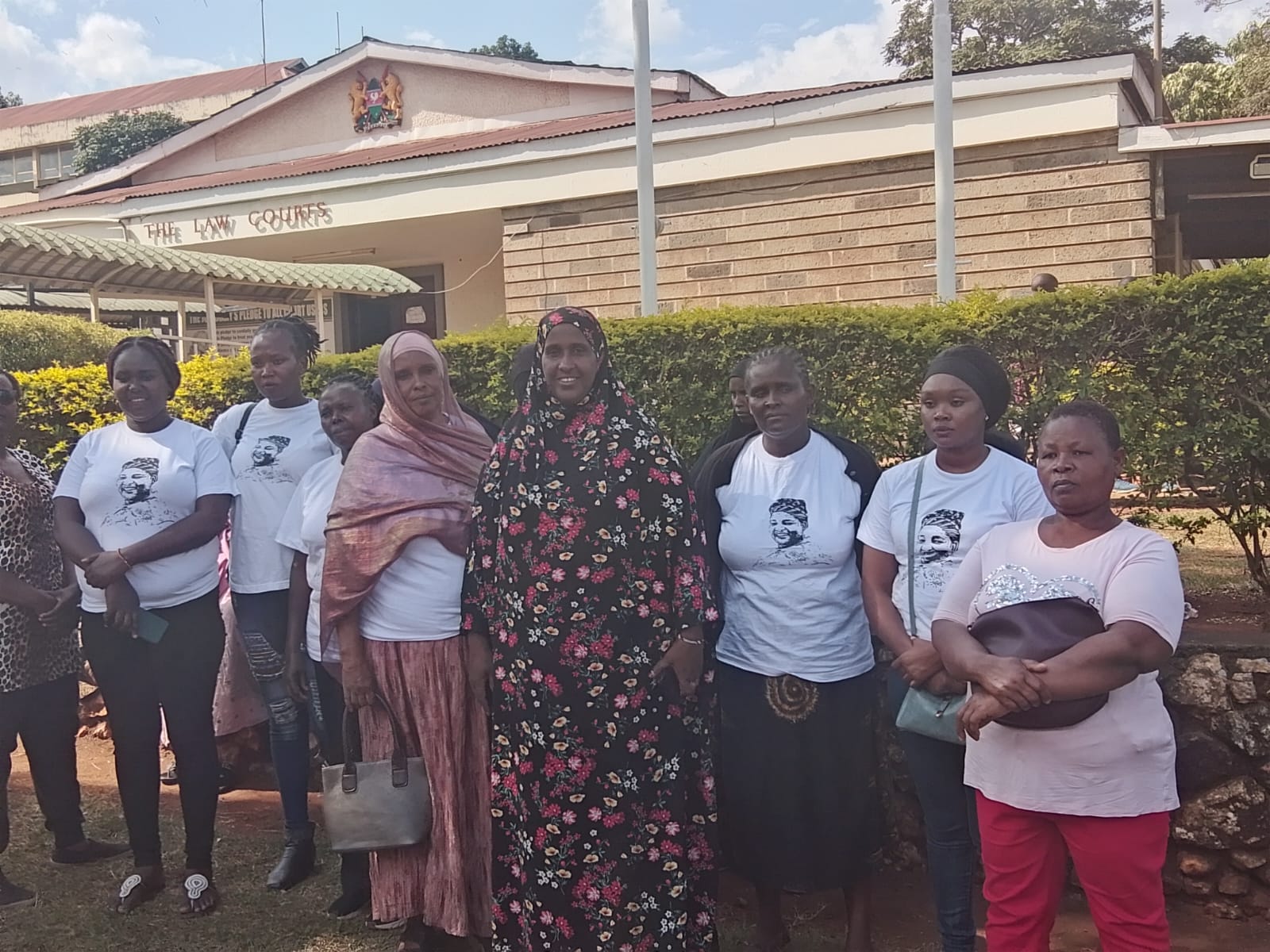Security guard sentenced to 30 years for murder of Isiolo activist

By Gerald Mukembu
A security guard has been sentenced to 30 years in prison for the murder of Isiolo – based human rights activist Elizabeth Ekaru in Isiolo.
The Meru High Court, presided by Judge Edward Murithi, ruled that the prosecution had proven beyond a reasonable doubt that Patrick Naweet is guilty of the crime contrary to sections 203 and 204 of the Penal Code.
“Pursuant to section 333 (2) of the criminal procedure code the sentence of 30 years shall commence on 17 January of 2022, the date when he was arraigned in court,” Judge Murithi said.
The incident occurred on January 3, 2022, following a land dispute between Naweet and Ekaru.
Judge Murithi emphasized that Naweet should have resolved the dispute legally rather than taking matters into his own hands.
He further highlighted the necessity of holding Naweet in custody to achieve deterrence, reformation, and community protection.
Despite Naweet’s claims of self-defense, the court considered his actions unwarranted and excessive.
“I have listened to submission from the counsel of the accused, the counsel for DPP and the counsel for the family and the court has also considered the mitigation by the offender and I do not agree that the circumstance is so aggravated to call for the death sentence, the maximum sentence for the offence of murder,” he added.
The defense, led by lawyer Hillary Mugambi, had argued that the act was self-defense, provoked by circumstances, an argument that was strongly countered by prosecution counsel, Erick Masila, who highlighted the brutality of the attack and the multiple injuries inflicted on the victim.
The court also took into account the impact of Ekaru’s death on her family, especially her five children who had already lost their father to banditry.
Judge Murithi noted that the custodial sentence was necessary to send a clear message against resolving disputes through violence.
The defense’s invocation of customary law and claims of gender oppression were dismissed as unreasonable.
Witness testimony and forensic evidence, including photographs of the crime scene and the weapon, supported the prosecution’s case.
Ultimately, the court upheld the need for a severe sentence to reflect the gravity of the offense and to protect societal values based on the rule of law and respect for human rights.
“The appropriate sentence must be one which communicates to the offender and others that result in killing a neighbour with whom one has a land boundary dispute is abhorrent and contrary to all principles of civilized modern living, consistent with an open society based on rule of law and respect for human rights recited in the article 10 of our constitution,” said the judge.





